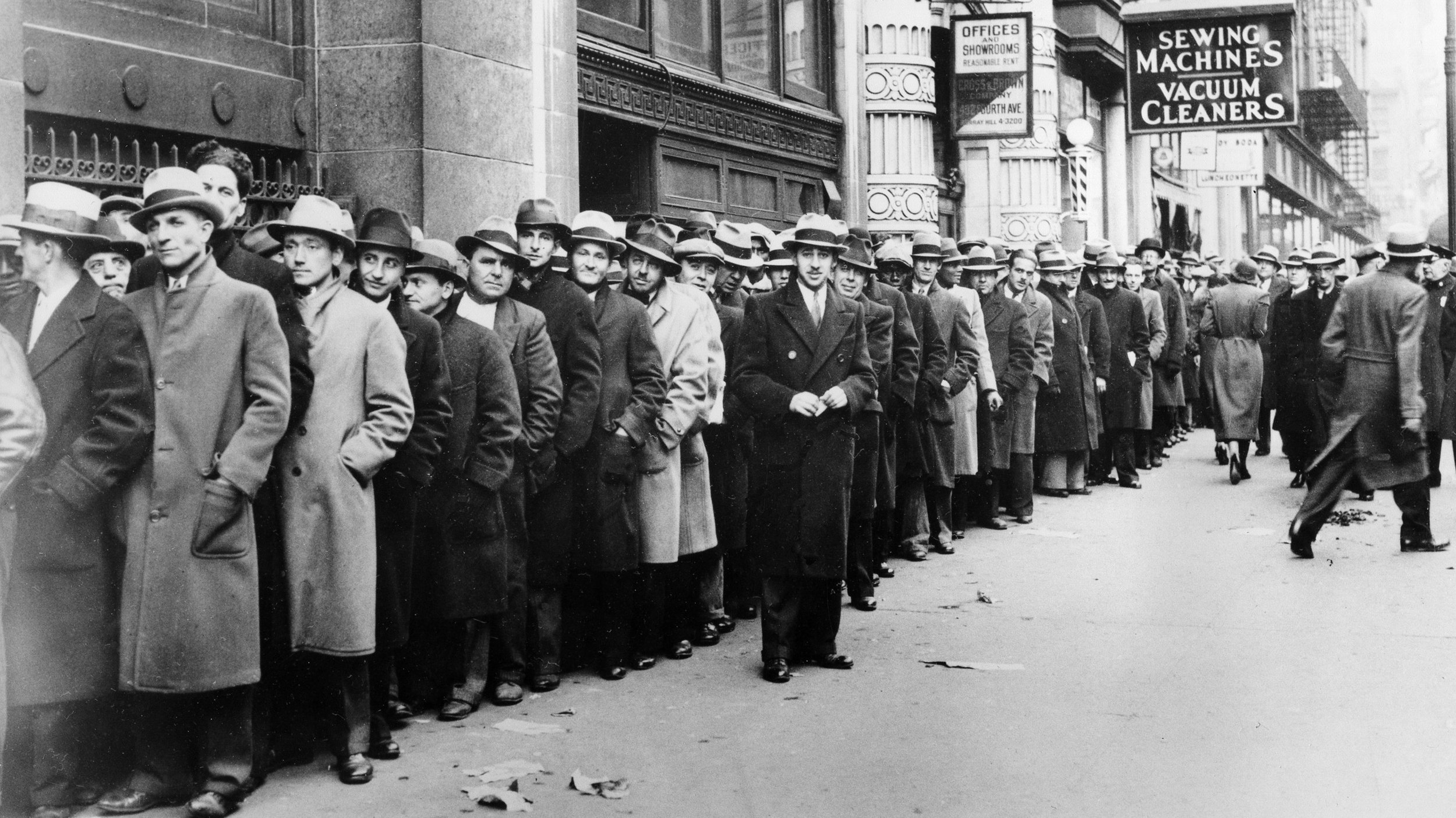The History and Future of Recruiting: 100 Years in Five Minutes or Less
“Although the fundamentals have stayed the same, technology has allowed employers to connect with the right talent more quickly, efficiently, and cost-effectively than ever before.”
Recruiting has seen many changes and advancements over the past 100 years. In this blog post, we’ll share a high-level summary of what some of those changes have looked like, and how we ended up with the recruiting landscape we have today.
Without further ado, let’s rewind the tapes of history by one full century – when Warren Harding was the President of the United States and Adolf Hitler was just dipping his toes into politics…
Early-Mid 20th Century
In the early days of the 20th century, job seekers typically had to attend job fairs or answer advertisements in newspapers. By the 1950s, companies began using more direct means – like personal referrals, headhunters, and executive search firms – to find talent. The 1960s and 1970s saw a shift in the perception of recruitment, as the emphasis shifted to developing a strong talent pool, rather than simply selecting the most promising candidate.
The ‘80s and ‘90s
The 1980s and 1990s saw the emergence of technology-driven recruiting. Employers began using computers to collect, store, and analyze resumes, as well as to post vacancies online. This made the job market more efficient, allowing employers to access a wider range of skilled applicants. At the same time, the internet became a powerful tool in job searches, allowing users to search for jobs, research companies and apply directly online.
“Recruiters also started to focus on building relationships with potential candidates, rather than simply screening them for the best fit.”
The Early 2000s
In the early 2000s, employers began experimenting with more innovative recruitment techniques, such as using social media to post job openings, as well as hosting virtual job fairs. Recruiters also started to focus on building relationships with potential candidates, rather than simply screening them for the best fit.
Modern Recruiting
Today, recruiting is increasingly reliant on technology. Employers are using sophisticated software to automate the recruitment process, from searching for candidates to tracking applicant progress. They are also using big data to identify the best candidates for specific roles and streamline hiring decisions. At the same time, social media has allowed job seekers to connect with employers more directly, making the corporate matchmaking process faster, and in many ways easier, than ever before.
Summary of the Past Century
To summarize, the history of recruiting over the past 100 years has been one of steady advancement. From job fairs and newspaper ads to sophisticated software and social media, the recruitment process has evolved significantly. Although the fundamentals have stayed the same, technology has allowed employers to connect with the right talent more quickly, efficiently, and cost-effectively than ever before.
The Future of Talent Acquisition
“Come to think of it, the post you just read was drafted (almost entirely) by an AI and then edited by a human – and you can expect the future of recruiting to be similarly symbiotic.”
Now, you may be wondering the logical question that follows from everything discussed above: what will the future of recruiting look like?
Well, at Flawless, we predict that the future of recruiting will involve innovative uses of artificial intelligence and other emerging technologies, but the skills of human TA professionals will still be useful for many decades to come.
Come to think of it, the post you just read was drafted (almost entirely) by an AI and then edited by a human – and you can expect the future of recruiting to be similarly symbiotic.
Didn’t expect the twist at the end? Let us surprise you one more time, by showing you what a modern recruiting solution can do for your organization in 2023.
Reach out to us directly at contact@flawlessrecruit.com, or simply click on the button below, and someone will get back to you right away.

